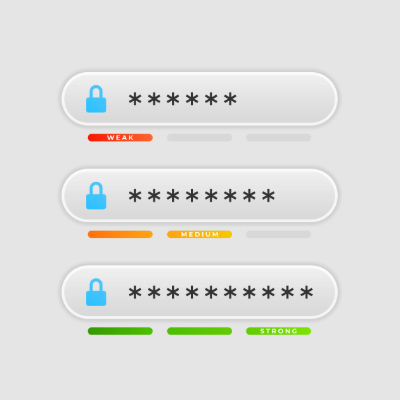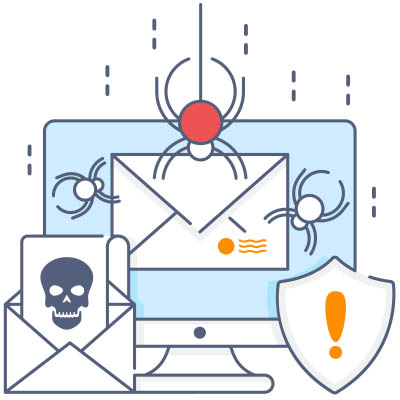Imagine leaving the physical doors of your business unlocked overnight. The thought is unsettling, isn’t it? You wouldn’t risk your assets, your hard work, and the trust of your clients like that. That’s precisely the risk many small to medium-sized businesses (SMBs) unknowingly take by underestimating the importance of cybersecurity. Let’s explore just how important proper cybersecurity truly is.
We dedicate significant attention to safeguarding your digital assets, but have you cast a similarly critical eye on the tangible security of your business premises? Nowadays, ensuring the safety of your physical office, its valuable assets, crucial resources, and most importantly, your dedicated employees, is paramount. We want to highlight the range of options available to help you effectively manage your physical infrastructure.
A strong cybersecurity posture isn’t just about installing the latest software or ticking boxes on a compliance checklist. It’s about building a culture of security where every member of your team is actively engaged and invested in protecting your collective digital well-being… but how do you achieve that buy-in, beyond simply mandating policies? It starts with illuminating the “why” behind the “what.”
Quick—how many passwords do you have to remember? Chances are, it’s more than you might expect… especially when you factor in both your personal ones and those you maintain for your business. After all, it is risky to the point of irresponsibility to repeat your passwords across accounts, especially those you maintain for your business. This kind of repetition can easily lead to financial losses and reputation damage, as it facilitates a data breach.
Running a business today presents unique opportunities and challenges. For instance, safeguarding business information and systems—both physical and digital—is no longer just an IT department concern; it is fundamental to operational continuity and overall success. The real question is whether or not you are prepared to deal with the threats you’re practically guaranteed to face.
Every day, cybercriminals wake up and choose violence. Whether it’s a nasty strain of ransomware demanding a king’s ransom or a sneaky little virus that just wants to watch your business burn, the threats never stop coming. That’s why locking down your business is as essential as putting cream in your morning coffee.
In the interest of communicating how critical proper business cybersecurity is to manage, we’ve decided to take a different approach and put forth a scenario in the form of a daytime soap. As such, please feel free to read this post with dramatic music playing in the background and all dialogue imagined with elevated intensity. In the town of Oak Falls, life seems peaceful… but under the surface, tension persists. Secrets run amok, and with so much information to take in, everyone has to worry about the Strength of Our Passwords.
How much data do your devices contain about your life? What would you do if law enforcement suddenly wanted access to it? Even if you’re a typical law-abiding citizen, you want to prioritize data privacy, but businesses also have an obligation to handle consumer information in a responsible way. Here’s what you need to know about law enforcement and access to your data.
We’ve made it to the point where humans need to prove they’re real people to access systems, and one of the most common ways to do this is through the use of CAPTCHA technology. Completely Automated Public Turing test(s) to tell Computers and Humans Apart (try saying that with your mouth full) are everywhere, yet computers still struggle to actually crack these tests, unlike other methods of security. Why are they so successful at detecting automated bots?
Cybersecurity is one of those things everyone in a workplace should know about, no matter their role. But here’s the problem—turns out, a lot of people don’t. A recent survey in the UK found that about one in three adults flunked a cybersecurity test. And get this—the test was designed for 11-year-olds. Yikes.











